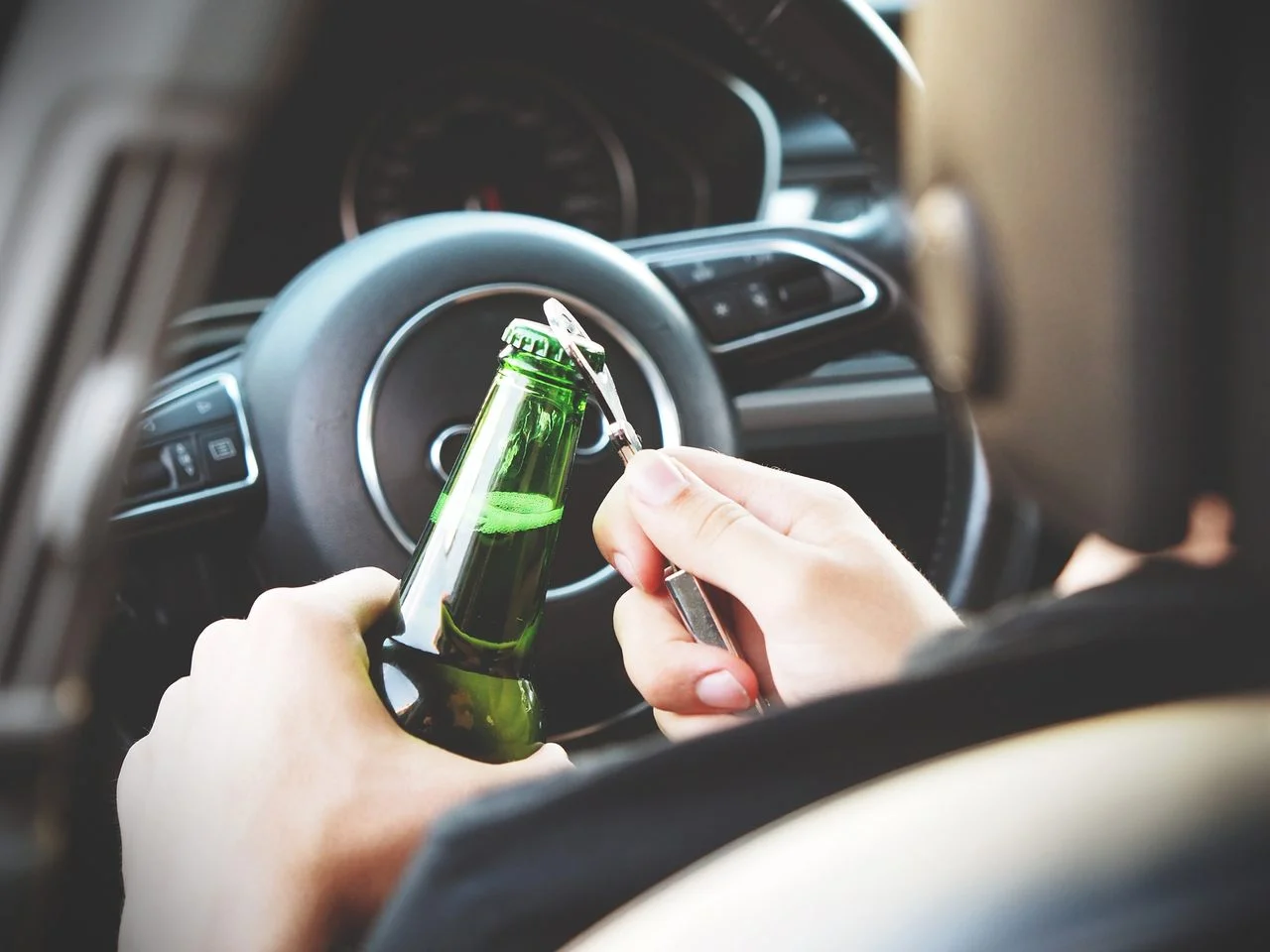DUI Checkpoints in South Carolina: Understanding Your Rights and Responsibilities

South Carolina, like many states, employs DUI checkpoints as a tool to ensure road safety and curb drunk driving incidents. Understanding your rights and responsibilities when encountering a DUI checkpoint is crucial for drivers. In this blog post, we’ll delve into the factual aspects of DUI checkpoints in South Carolina to empower individuals with the knowledge needed to navigate these situations.
Legality of DUI Checkpoints
DUI checkpoints, also known as sobriety checkpoints, are legal in South Carolina. These checkpoints are designed to briefly detain drivers to assess their sobriety and compliance with DUI laws. However, the legality of these checkpoints has been a subject of debate, with some arguing that they infringe on Fourth Amendment rights against unreasonable searches and seizures. The U.S. Supreme Court has ruled that when conducted properly, DUI checkpoints are constitutional, provided they follow specific guidelines.
Random vs. Non-Random Stops
DUI checkpoints should be conducted in a non-random manner to maintain their constitutionality. Law enforcement agencies must adhere to predetermined guidelines, such as stopping every third vehicle, to avoid arbitrary stops. Understanding the distinction between random and non-random stops is essential, as it contributes to ensuring the legality of the checkpoint.
Your Rights at DUI Checkpoints
When stopped at a DUI checkpoint, it’s important to know your rights. In South Carolina, drivers are not required to answer questions beyond providing their identification and license. However, refusal to take a breathalyzer test can lead to consequences such as a temporary license suspension. It’s crucial to strike a balance between exercising your rights and complying with lawful requests from law enforcement.
Field Sobriety Tests
Law enforcement officers at DUI checkpoints often conduct field sobriety tests to assess a driver’s level of impairment. While these tests are voluntary, refusing to participate may raise suspicion. Understanding the types of field sobriety tests and the potential consequences of refusal can help drivers make informed decisions in the moment.
Consequences of DUI Checkpoint Arrest
If a driver is arrested at a DUI checkpoint, they may face serious legal consequences, including license suspension, fines, and even imprisonment. Being aware of the potential outcomes underscores the importance of responsible and sober driving.
Conclusion
Encountering a DUI checkpoint in South Carolina can be a stressful experience, but having a clear understanding of your rights and responsibilities can help navigate these situations with confidence. Whether you choose to exercise your rights or comply with law enforcement requests, being informed is key to minimizing potential legal consequences. Staying informed about DUI laws and knowing how to handle a DUI checkpoint is a proactive step toward ensuring both road safety and personal well-being.
